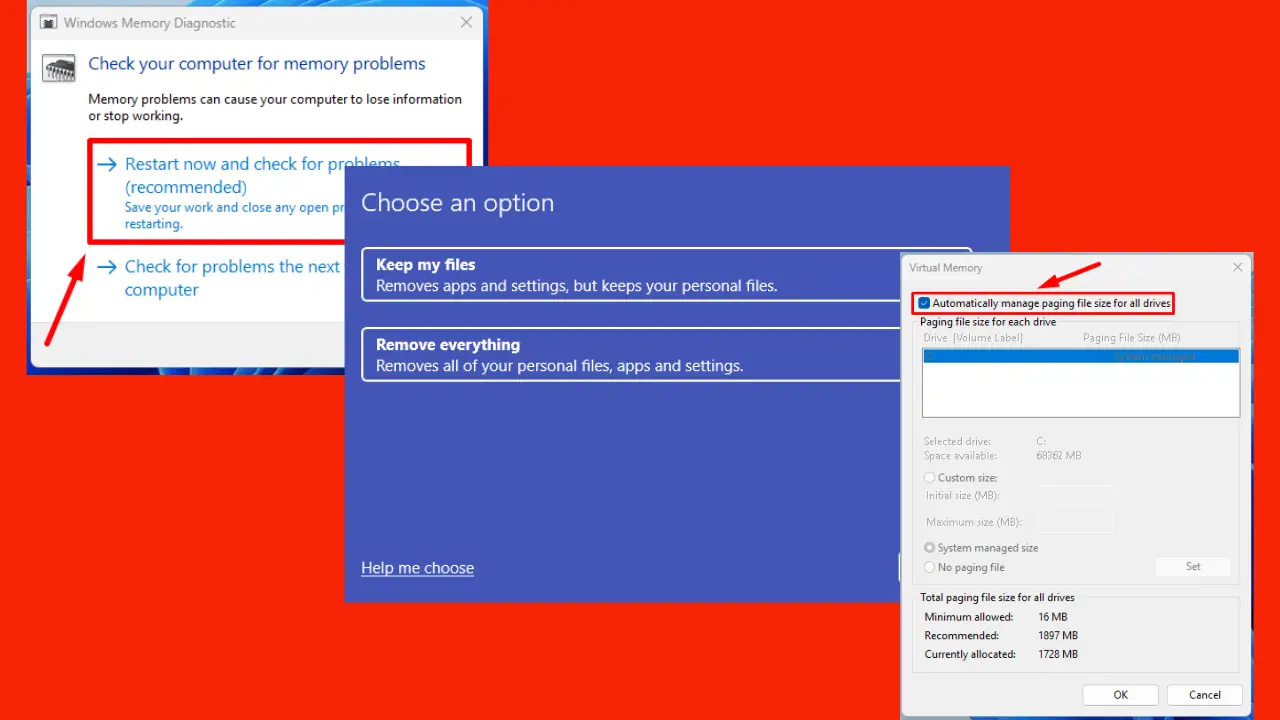Ex-Microsoft Engineer sentenced to 20 years in prison for embezzling millions in cryptocurrency
3 min. read
Published on
Read our disclosure page to find out how can you help MSPoweruser sustain the editorial team Read more

Earlier this week, Ex-Microsoft Engineer Volodymyr Kvashuk was convicted by the U.S. District Court in Seattle for embezzling $10 million from Microsoft in cryptocurrency.
Volodymyr Kvashuk is a Ukrainian citizen based in the town of Renton, Washington and worked at Microsoft from 2016 to 2018. During his time at Microsoft, Kvashuk was involved in developing and testing the company’s online retail sales platform. He used the opportunity to steal digital gift cards that were subsequently re-sold on the internet. He stole over $12,000 using his own account and then created test accounts in the name of his fellow colleagues to begin embezzling millions of dollars from the company. He then converted the money into bitcoins and then transferred the money to his bank account.
Kvashuk managed to build himself a lavish lifestyle. He purchased a $160,000 Tesla and a lakefront home worth an estimated $1.6 million. In total, Kvashuk transferred $2.8 million in bitcoin to his account and declared them as a gift from relative to the IRS. Microsoft uncovered the scheme in 2018 after which he was fired from the company.
In a trial which lasted 5 days, the U.S. district court found him guilty on five counts of wire fraud, six counts of money laundering, two counts of aggravated identity theft, two counts of filing false tax returns, and one count each of mail fraud, bank card fraud and using a company computer for illicit purposes.
According to the criminal complaint, KVASHUK was to use a test Microsoft store account to access the company’s online sales platform and simulate the experience of customers making purchases. The system was set up to ensure no physical products ever shipped.
The testing program was not supposed to involve purchases of ‘currency stored value’ (CSV) such as gift cards. KVASHUK used test accounts to purchase CSV, and then resold some or all of it on Internet reseller websites. Initially, he started stealing smaller amounts of about $10,000 in value using his own account access. As the thefts escalated into millions of dollars of value, KVASHUK used test email accounts associated with other employees.
KVASHUK, a knowledgeable software developer, attempted to mask digital evidence that would trace the fraud and the internet sales back to him. He used a bitcoin “mixing” service in an attempt to hide the source of the funds ultimately passing into his bank account. In all, over the seven months of KVASHUK’s illegal activity, approximately $2.8 million was transferred to his bank accounts.
Despite pleading not guilty, Kvashuk is looking at around 20 years in prison. He told the court he “did not intend to defraud Microsoft,” and that he was “working on a special project to benefit the company.” Special agent Ryan Korner said, “Criminals who think they can avoid detection by using cryptocurrency and laundering through mixers are put on notice … you will be caught and you will be held accountable.”
Via Coin Desk








User forum
0 messages